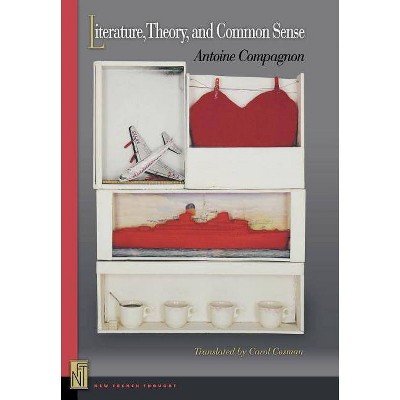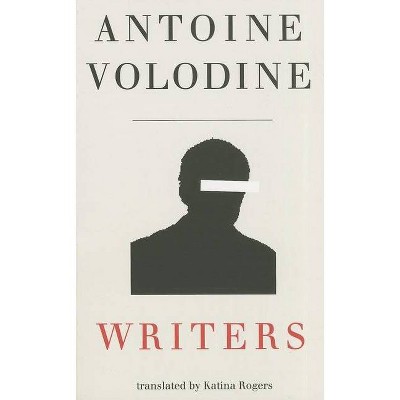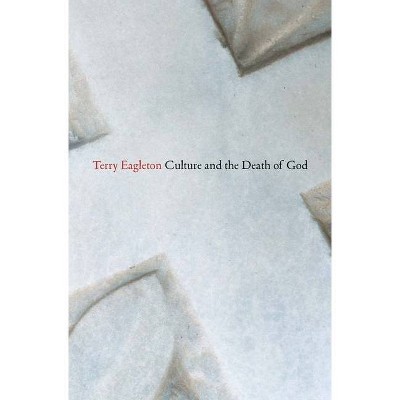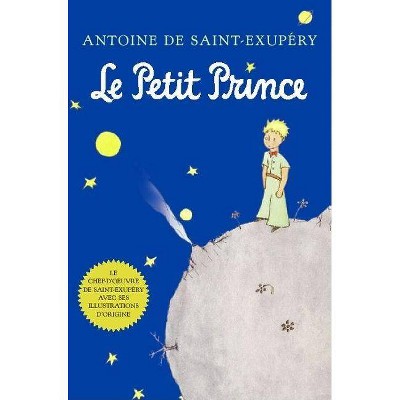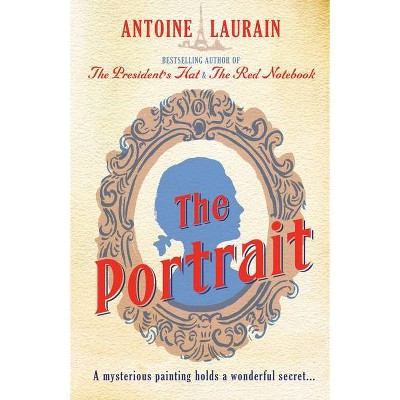The Death of French Culture - by Donald Morrison & Antoine Compagnon (Paperback)
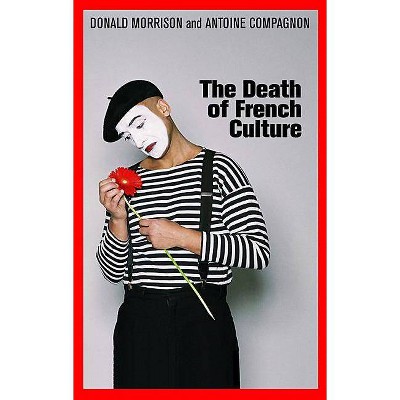
Similar Products
Products of same category from the store
AllProduct info
<p/><br></br><p><b> About the Book </b></p></br></br>For centuries, France and its culture have been one and the same. French writers, artists and philosophers enjoyed unparalleled prestige. However, Donald Morrison argues that French culture no longer speaks to the world. This new and updated version of his controversial text is accompanied by a thoughtful reply by Antoine Compagnon.<p/><br></br><p><b> Book Synopsis </b></p></br></br>For a long time, France and its culture have been one and the same. The greatness of the former added to the influence of the latter, and vice versa. French writers, artists and philosophers were at the centre of the world's attention and enjoyed unparalleled prestige. Of this past glory, all that is left today is navel-gazing, nostalgia, and timidity. This was the disabused verdict reached by Donald Morrison, an American in Paris, at the conclusion his inquiry into the place of French culture in the world. The creativity of its artists may be undeniable, but the influence (ghostlike) and the importance (derisory) of France in cultural exchanges both go to show that French culture no longer speaks to the world. This decline ultimately suits the French national mentality, inclined as it is to lamentation and sorrow.<br /> <br /> When Morrison originally published this piercing verdict on contemporary French culture in Time magazine in November 2007, it caused a sensation. Morrison was pilloried by the French press and attacked in countless newspapers, magazines and blogs. Morrison's article gave rise to an extended interrogation of French culture by admirers and critics alike.<br /> <br /> Undeterred by the controversy, Morrison has returned to his original article to see how well his central arguments hold up in the light of the criticisms levelled at him. This new and updated version of his controversial text is accompanied by a thoughtful reply by Antoine Compagnon, who highlights a certain ambivalence within French culture, still capable of achieving the best but seemingly paralysed by its preoccupation with its own grandeur. This important exchange between Morrison and Compagnon will be of great interest to anyone concerned with French culture and its legacy in the world today.<p/><br></br><p><b> From the Back Cover </b></p></br></br>This book offers yet another delicious glimpse into a relationship that never ceases to fascinate, that between the US and France. It has taken an American to crystallize what France doesn't want to admit: that French culture is no longer an international force to be reckoned with. What is most compelling about it is the accuracy of Morrison's argument, combined with his deep affection for France. There is no rejoicing in his writing. Morrison's is a true lament. In his appraisal of France's growing incapacity to maintain its universal cultural pull, Morrison entreats us to think about the meaning of culture and universalism in the twenty-first century.<br /> Prospect Magazine <p>For centuries, France and its culture have been one and the same. The greatness of the former reinforced the influence of the latter, and vice versa. French writers, artists and philosophers were at the center of the world's attention and enjoyed unparalleled prestige. Of this past glory, all that is left today is navel-gazing, nostalgia, and timidity.</p> <p>This was the disabused verdict reached by Donald Morrison, an American in Paris, at the conclusion of his inquiry into the place of French culture in the world. The creativity of its artists may be undeniable, but the influence (ghostlike) and the importance (derisory) of France in international cultural exchanges indicate that French culture no longer speaks to the world. This decline ultimately suits the French national mentality, inclined as it is to lamentation and regret.</p> <p>When Morrison originally published this piercing verdict on contemporary French culture in Time magazine in November 2007, it caused a sensation. Morrison was pilloried by the French press and attacked in countless newspapers, magazines and blogs. Morrison's article gave rise to an extended interrogation of French culture and cultural policy by admirers and critics alike.</p> <p>Undeterred by the controversy, Morrison has returned to his original article to see how well his central arguments hold up in the light of the criticisms leveled at him. This new, updated and greatly expanded version of his controversial text is accompanied by a thoughtful reply by Antoine Compagnon, the respected French literary historian. Compagnon highlights a certain ambivalence within French culture, still capable of achieving the best but seemingly paralysed by a preoccupation with its own grandeur. This important exchange between Morrison and Compagnon will be of great interest to anyone concerned with French culture and its legacy in the world today.</p> <p><br /> Donald Morrison is former Editor of Time magazine's European and Asian editions<br /> Antoine Compagnon is Professor of French Literature at the Collège de France and Blanche W. Knopf Professor of French and Comparative Literature at Colombia University.</p><p/><br></br><p><b> Review Quotes </b></p></br></br><br>This book offers yet another delicious glimpse into a relationship that never ceases to fascinate, that between the US and France. It has taken an American to crystallize what France doesn't want to admit: that French culture is no longer an international force to be reckoned with. What is most compelling about it, though, is the accuracy of Morrison's argument combined with his deep affection for France. There is no rejoicing in his writing. Morrison's is a true lament . In his appraisal of France's growing incapacity to maintain its universal cultural pull, Morrison entreats us to think about the meaning of culture and universalism in the 21st century.<br /> <i><b>Prospect Magazine</b></i><br /> <br /> <p>Essentially a discussion and profile of two great cultural powers, the book raises the bigger question of why anybody should ever expect one country to remain dominant in any field, be it in culture, politics or even military rule?<br /> <i><b>Journal of Contemporary European Studies</b></i></p><br><p/><br></br><p><b> About the Author </b></p></br></br>Donald Morrison is a journalist at <i>TIME</i> magazine <p>Antoine Compagnon is a Professor of French Literature at the Collège de France</p>
Price History
Price Archive shows prices from various stores, lets you see history and find the cheapest. There is no actual sale on the website. For all support, inquiry and suggestion messagescommunication@pricearchive.us

